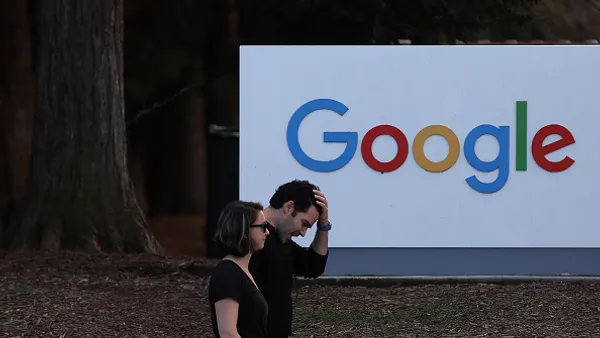Dive Brief:
- Advertising platform Sizmek filed for voluntary Chapter 11 bankruptcy to preserve value and access capital as the company looks for strategic alternatives, according to a press release.
- Sizmek reportedly owes hundreds of millions of dollars for ad sales or services to thousands of creditors. The list of creditors includes Google, Rubicon Project and LiveRamp, according to Adexchanger.
- Sizmek has been in discussions with stakeholders and pursued alternatives to bankruptcy. Earlier this year, Sizmek’s private equity partners, including Vector Capital and Cerberus Capital Management, reportedly looked for options to sell, but would not consider a piecemeal sale, according to Adweek.
Dive Insight:
The news of the bankruptcy filing underscores a growing sense of uncertainty surrounding the ad-tech ecosystem — and the challenges facing independent operators trying to compete against the tech giants. Growing concerns around brand safety and transparency have introduced an air of caution around programmatic, while recent reports that Google is mulling decisions that could shift how online content is monetized has raised additional questions for the ad-tech sector.
Vector purchased Sizmek in 2016 for $122 million and later acquired Rocket Fuel with the goal of integrating the two businesses and creating a powerful buy-side tech side. The strategy succeeded to some extent, with Sizmek's share of the online ad server market second only to Google, according to Adexchanger. However, the bankruptcy filing suggests that the integration may not have moved as quickly as needed to compete in this space.
This year, 65% of all digital media ad spend will be traded programmatically, according to Zenith, but factors like the EU’s GDPR and infrastructure investments have slowed the programmatic transition. Marketers, who have been attracted by programmatic’s efficiency and automation, have also struggled with the inability to fully control where ads purchased programmatically will appear. Sizmek’s bankruptcy filing follows other consolidation and bankruptcies in the programmatic ad space amid these challenges.
More marketers purchasing digital ads programmatically are also increasingly moving those functions in-house, according to the Interactive Advertising Bureau. Improved ad performance and ROI, greater transparency, more control, better targeting and more accountability were the top reasons for bringing programmatic in-house.














